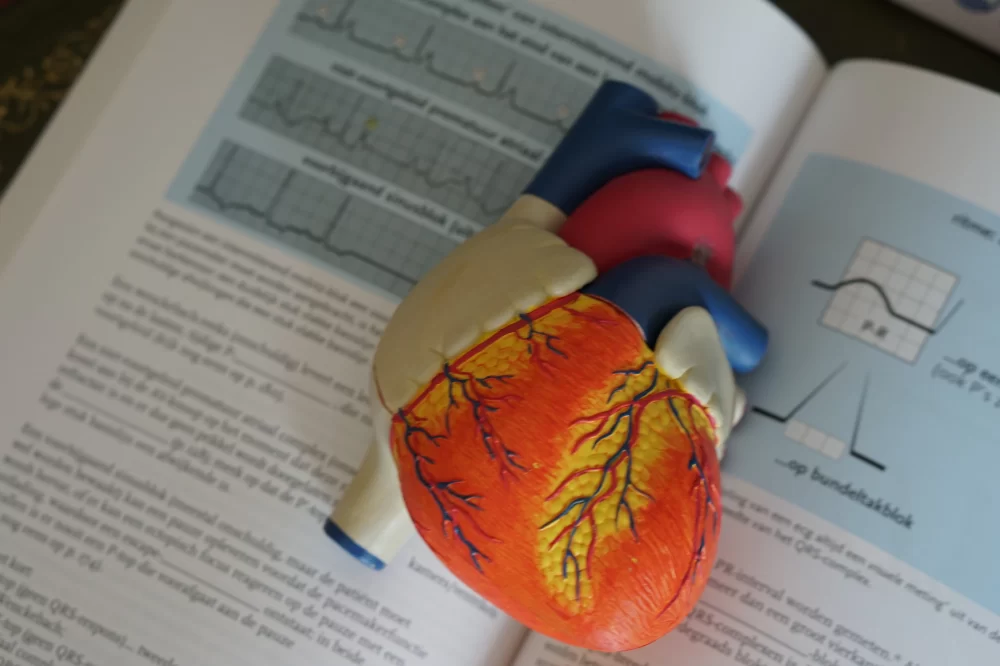Understanding High Blood Pressure and Its Impact on Your Heart
- What is High Blood Pressure?
- Why Is High Blood Pressure Dangerous?
- The Impact of High Blood Pressure on Your Heart
- Managing High Blood Pressure for Heart Health
- Real-Life Case Study: The Impact of Hypertension
- Tips for Maintaining a Healthy Heart
1. What is High Blood Pressure?
High blood pressure, also known as hypertension, is a condition where the force of the blood against the walls of your arteries is consistently too high. This can happen over time and might not show noticeable symptoms, making it crucial for regular monitoring. If untreated, it can lead to serious health issues, including heart disease, stroke, and kidney problems.
2. Why Is High Blood Pressure Dangerous?
Unchecked hypertension puts excessive strain on your heart and blood vessels, increasing the risk of heart attack, heart failure, and other cardiovascular diseases. The longer the condition goes untreated, the more damage it can cause to your arteries, leading to atherosclerosis (narrowing of the arteries) and further compromising heart health.
3. The Impact of High Blood Pressure on Your Heart
When blood pressure is elevated for extended periods, it forces the heart to work harder than it should. This increased workload can eventually lead to the thickening of the heart muscle, making it less efficient at pumping blood. Over time, this can lead to heart failure, arrhythmias, and other life-threatening conditions.
Moreover, high blood pressure is a key contributor to the formation of plaque in the arteries, narrowing them and reducing the blood flow to vital organs, including the heart. The reduced blood flow means the heart doesn't get enough oxygen, which can trigger a heart attack or stroke.
4. Managing High Blood Pressure for Heart Health
Managing high blood pressure is essential to protecting your heart. Lifestyle changes such as regular physical activity, a balanced diet, stress management, and proper medication can help maintain normal blood pressure levels. A heart-healthy diet typically includes reducing sodium intake, increasing potassium, and consuming foods rich in antioxidants.
In addition, reducing alcohol consumption and quitting smoking play a significant role in managing blood pressure. Medications such as ACE inhibitors, diuretics, and calcium channel blockers may be prescribed to help lower blood pressure, depending on individual needs and severity of the condition.
5. Real-Life Case Study: The Impact of Hypertension
Consider the case of John, a 50-year-old who struggled with high blood pressure for years without realizing the risks. He didn't experience noticeable symptoms, but after a routine checkup, his doctor informed him of dangerously high levels. After taking steps to change his diet, start exercising, and adhere to prescribed medication, John's blood pressure was significantly reduced, and his heart health improved. This case illustrates the importance of early detection and proactive management in preventing heart-related complications.
6. Tips for Maintaining a Healthy Heart
To safeguard your heart against the dangers of high blood pressure, consider these lifestyle tips:
- Exercise regularly, aiming for at least 30 minutes a day of moderate-intensity activity.
- Eat a balanced diet that includes plenty of fruits, vegetables, whole grains, and lean proteins.
- Reduce sodium intake and avoid processed foods.
- Limit alcohol consumption and quit smoking.
- Get enough sleep and practice stress-reducing techniques such as yoga or meditation.
Remember, small changes can make a big difference when it comes to heart health.





















